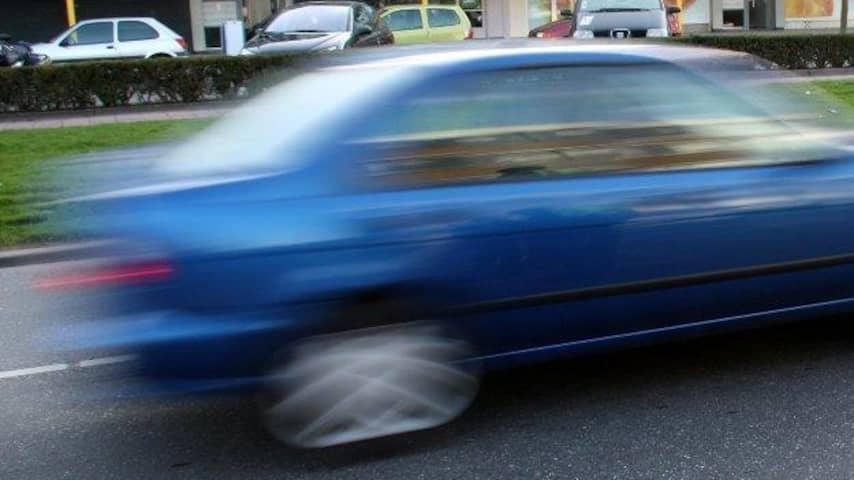
A 79-year-old woman was fatally hit by a car in Schijndel this week while walking her dog. The driver of the car drove off, which in itself is a criminal offense. Why do people drive off after an accident? “Anyone can have such a shock reaction.”
“Psychologically, it’s incorrect to say that everyone who drives off after an accident does so consciously,” says traffic psychologist Gerard Tertoolen to NU.nl. “It is sometimes a well-considered choice to drive on, we don’t need to make it difficult. But we are instinctively equipped with a number of reactions when there are major threats.”
According to Tertoolen, these are “the three well-known reactions”: fight, flight, and freeze. “When we end up in a threatening situation, we are activated to do one of those three things. Suppose there is a predator in front of you. Then you can engage in the fight, run away, or just stand completely still. That is evolutionarily determined behavior and also applies after a shocking event in traffic. It is survival instinct, anyone can have such a shock reaction.”
So a driver who drives off can be in shock and unconsciously choose to flee. “That’s no excuse,” Tertoolen emphasizes. “But it does explain our behavior at that moment. Our reasoning takes over again fairly quickly. Two or three hours later you really know what has happened, and then you also have the obligation to report yourself.”
Driving away from a traffic accident is punishable
Driving away from the scene of a traffic accident is punishable. That is stated in Article 7 of the Road Traffic Act 1994 (WVW 94). That article prohibits two things: driving on after an accident in which someone has died or been injured without making your identity known, and leaving someone in a helpless state. In both cases, it does not matter whether you are at fault for the accident.
Violation of Article 7 is a crime. If you have caused damage to another person and could have known that, you can get a prison sentence of up to three months. That is separate from any prosecution for causing the accident. You can also get a fine of up to 10,300 euros.
‘Reflection time’ applies in the event of an accident without injury
Rembrandt Groenewegen, a lawyer specializing in traffic and personal injury, explains that a kind of ‘reflection time’ applies in certain cases. “If there is no injury requiring medical assistance, you have twelve hours to report yourself voluntarily. Then someone who drove away in panic can still come to their senses, without being prosecuted for driving on itself,” says Groenewegen to NU.nl.
That is different when there are injuries or if someone needs help, such as in the accident in Schijndel. “Then you are legally obliged to stop and provide assistance. If you don’t do that, then it’s a crime. That sometimes results in a prison sentence, but in any case a fine and a note on your criminal record.”
Groenewegen and Tertoolen both think twelve hours of reflection time is ample. “If you are under the influence of alcohol when this happens, you might think: I’m going to sleep now and the next morning I’ll report to the police,” says Groenewegen. “You can save yourself with that. You thus avoid the heavier punishment that comes with driving under the influence.”
People leave a note with a fake number
As a lawyer, Groenewegen doesn’t see many people who still report after they drove away after an accident. “There are definitely people who drive on deliberately,” he says. “Because they think: no one saw me. This way they hope to avoid a fine or higher insurance premium.”
Sometimes even the appearance of a proper settlement is maintained. “We see more and more often that a note is left. But then there are only nine digits on the note, instead of ten,” Groenewegen continues. “This way the environment thinks they are handling it properly, while they are actually scamming the whole thing.”
According to the lawyer, people initially drive on mainly out of fear of financial consequences. “Most people don’t immediately think about criminal prosecution at that moment. Only later, when they receive a letter, do they realize that they can get a note on their criminal record.”